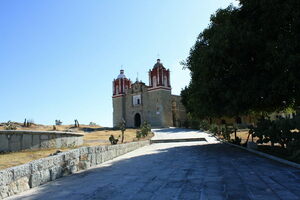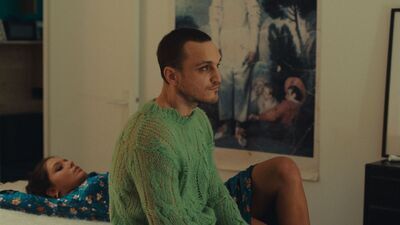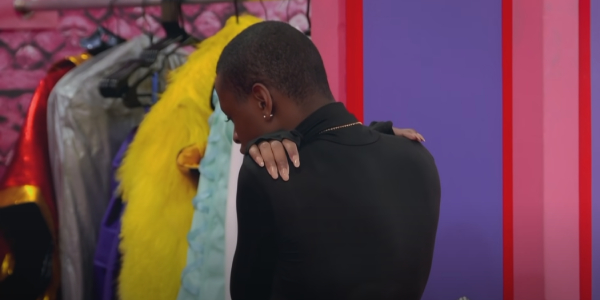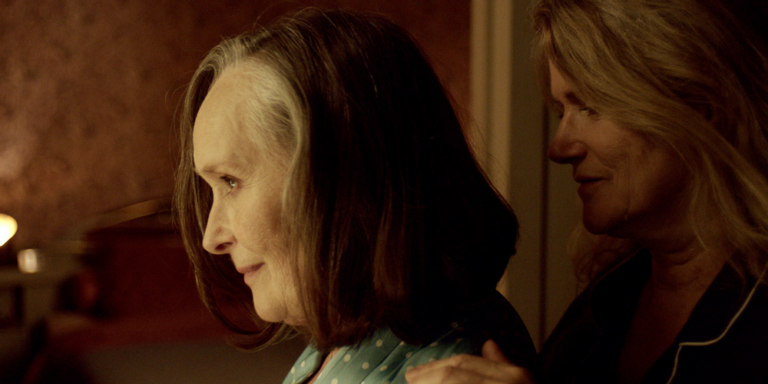The Ending of Stanley Kubrick’s ‘The Shining’ Explained
Ending Explained is a recurring series in which we explore the finales, secrets, and themes of interesting movies and shows, both new and old. This time, we check into the Overlook Hotel to consider The Shining ending.
The Shining is a film that never stales. For forty years, Stanley Kubrick‘s adaptation of Stephen King‘s masterwork remains as compelling and confounding as it ever was, continuously collecting new fans every day of every year. It’s easy to fall into its embrace, and thanks to a nearly infinite list of theories and arguments erupting out of its runtime, fans and dissenters alike can easily find themselves in a cinematic hug turned stranglehold.
Your furrowed brows would please Kubrick to no end, and your squabbles with friends over The Shining‘s meaning would be as delectable to the director as souls are to the Overlook Hotel. Kubrick is not the kind of storyteller who wraps bowties on endings. Instead, he merely suggests and presents. It’s on you to connect A to B to C, or not.
The final shot of The Shining is not one tied to the natural world, and it’s a helluva mic drop slammed on an unsuspecting audience.
After going Johnny Carson on his wife Wendy (Shelley Duvall) as she’s cornered in the bathroom and receiving a proper slash on the arm for his efforts, Jack Torrance (Jack Nicholson) roars through the halls of the Overlook in pursuit of his son, Danny (Danny Lloyd). He puts his ax in the chest of Overlook cook Dick Halloran (Scatman Crothers), but he never finds the boy. Danny leads his father into the gargantuan hedge maze while a snowstorm consumes everything.
At a loss, Jack settles on the cold ground and gives himself to the elements. Wendy and Danny escape via snowcat. A lifetime of psychological torment and terror awaits them.
The Shining ending consists of Kubrick pushing his camera on a smooth, soothing dolly track across the Overlook lobby and into the Gold Room’s foyer as Al Bowlly’s “Midnight, the Stars and You” plays in the distant background, echoing from some other reality. As we get closer and closer to a wall of photographs, the camera zeroes in on one in particular. We see a black and white crowd of smiling faces, and at the bottom center gleams Jack Torrance.
The film cuts to a close-up. Jack’s eyes, while frozen, burn out of the screen with intensity. The smile is that of a devil who has experienced an exquisite pleasure not known by reputable righteous citizens. Kubrick’s camera moves south and rests on an inscription: “Overlook Hotel July 4th Ball 1921.”
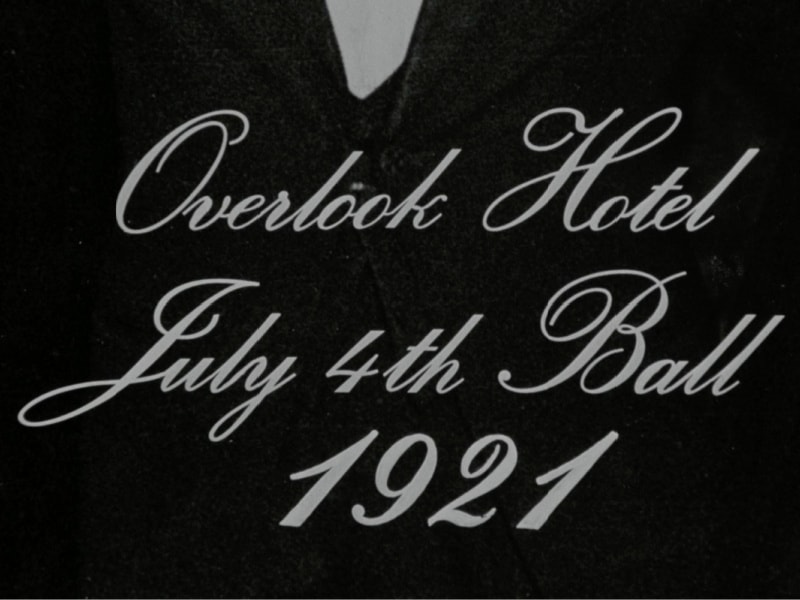
While no date is ever given in The Shining, we can ascertain by the dress and hairdos of those participating that the film takes place somewhere within the timeframe of the film’s production: 1979/1980. It certainly does not depict the swinging 1920s.
What does this mean? How can Jack be in this photo but also be making a new existence as a popsicle in the hedge maze outside? Is this a relative? Is Jack the resurrected spirit of this one-time Overlook resident?
Near the start of the film, we’re told by the Overlook’s general manager, Ullman (Barry Nelson), that a previous winter caretaker named Grady (Philip Stone) went mad with cabin fever and murdered his wife and children. As the hotel works its wickedness on Jack’s mind, more and more mean-spirited ghosts appear to coach him into similar familicidal acts. In one encounter, when Jack has stumbled into a butler’s tray of drinks during a Gold Room ball that should not be, Jack is educated on the power of the Overlook.
The butler escorts Jack into an adjoining bathroom so he may clean his guest of bourbon and advocaat. As they exchange pleasantries, Jack asks the butler his name. He replies, “Grady, sir. Delbert Grady.”
Jack immediately recognizes his name and recalls his picture from the various newspapers reporting on the Grady slaughter-fest. Grady denies the accusations, telling Jack that he, not Grady, has always been the caretaker just as Grady has always been here in this moment, in this ballroom, in the Overlook. Grady then goes on to inform Jack that his son used his unique talent to reach out to Dick Halloran, and he should prepare himself. Jack must “correct” Wendy and Danny as Grady corrected his wife and two daughters.
The July 4th Ball photo is evidence of the Overlook’s ownership of those mortals it devours. Once the malignant hotel convinces a guest to act on its and the guest’s vile nature, the two entities become one. Jack is digested and absorbed into the violent history of the Overlook. Grady was its previous meal, and Jack will not be its final meal. One can surmise that the next wretched human to allow the Overlook’s dark force entrance will meet Jack in the role of the butler.
Obviously, not everyone who walks through its halls or sleeps at the Overlook suffers the fate that Jack and his family did. Ullman warns Jack of the dangers of isolation by using Grady as a grim example, but there were several caretakers and several winters between Grady and Jack. None of them lost their heads or took those of others.
Halloran, like Danny, is gifted with the Shining. He works within the Overlook, knowing full well that vicious, hateful creatures crawl around every corner. He knew Danny would be perceptible to them, but he did concern himself as to whether or not daddy Torrance would go chop-happy.
Was Jack destined to fall victim to the Overlook? No. He was a weak will, easy pickings.
The first time Jack sits at the empty bar in the Gold Room, he mumbles to himself, “I’d give my goddamn soul for just a glass of beer.” Ask, and ye shall receive. Lloyd, the bartender, appears to him, providing a bottle of bourbon. After five months on the wagon, Jack knocks the glass back. Before this moment, the Overlook was teasing his melon, seeping in through nightmare, but now, Jack is theirs.
A stronger man would not have succumbed to temptation. Of course, the Overlook would not have bothered with a stronger man. Decrepit morals are its game. The hotel looks for the similarily poisoned to manipulate into being an avatar for its grotesque actions. Through pathetically feeble souls, the Overlook can work its evil and fill its bottomless belly.
The Overlook Hotel is hungry, and while its appetite is never satisfied, its taste is discerning. Guests check in. Guests check out. They come, and they go. However, some, who smack of the sour, spoiled flavor it desperately craves, must stay.

